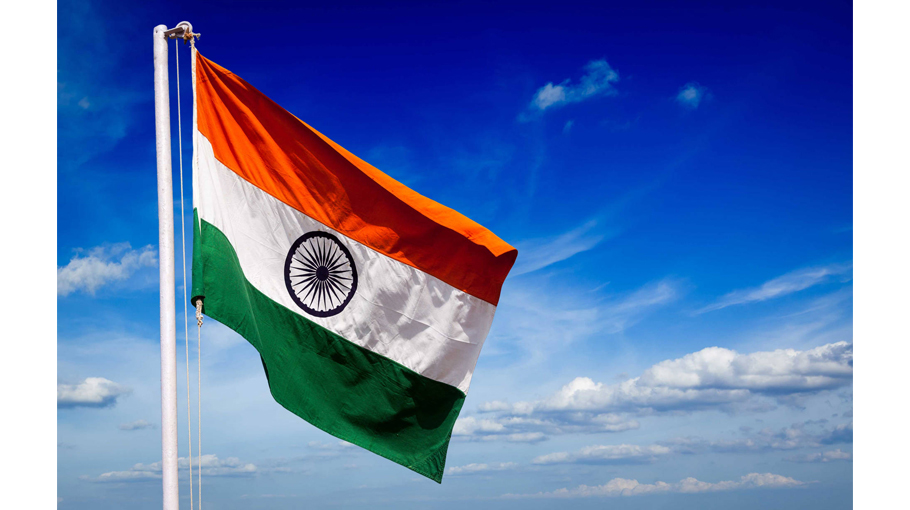India’s Democracy

On December 18 and 19, 141 members of the two houses of India’s Parliament were suspended, as of December 19, by the Speaker of the lower house, Om Birla. Each of these members belongs to the parties that oppose the ruling Bharatiya Janata Party (BJP) and its leader, Prime Minister Narendra Modi. The government said that these elected members were suspended for “unruly behavior.” The opposition had shaped itself into the INDIA bloc, which included almost every party not affiliated with the BJP. They responded to this action by calling it the “murder of democracy” and alleging that the BJP government has installed an “extreme level of dictatorship” in India. This act comes after a range of attempts to undermine India’s elected opposition.Meanwhile, on December 18, the popular Indian news website Newsclick announced that India’s Income Tax (IT) department “has virtually frozen our accounts.” Newsclick can no longer make payments to its employees, which means that this news media portal is now close to being silenced. The editors at Newsclick said that this action by the IT department is “a continuation of the administrative-legal siege” that began with the Enforcement Directorate raids in February 2021, was deepened by the IT department survey in September 2021, and the large-scale raids of October 3, 2023, that resulted in the arrest of Newsclick’s founder Prabir Purkayastha and its administrative officer Amit Chakraborty. Both remain in prison.
Organs of Indian Democracy
In February 2022, the Economist noted that “the organs of India’s democracy are decaying.” Two years before that assessment, India’s leading economist and Nobel Prize laureate Amartya Sen said that “democracy is government by discussion, and, if you make discussion fearful, you are not going to get a democracy, no matter how you count the votes. And that is massively true now. People are afraid now. I have never seen this before.” India’s most respected journalist, N. Ram (former editor of the Hindu), wrote in the Prospect in August 2023 about this “decaying” of Indian democracy and the fear of discussion in the context of the attack on Newsclick. This attack, he wrote, “marks a new low for press freedom in my country, which has been caught-up in a decade-long trend of uninterrupted down sliding in the ‘new India’ of Narendra Modi. We have witnessed a state-engineered McCarthyite campaign of disinformation, scaremongering, and vilification against Newsclick.” The world, he wrote, “should be watching in horror.”
In May 2022, 10 organizations—including Amnesty International, the Committee to Protect Journalists, and Reporters Without Borders—released a strong statement, saying that the Indian “authorities should stop targeting, prosecuting journalists and online critics.” This statement documented how the Indian government has used laws against counterterrorism and sedition to silence the media, when it has been critical of government policies. Use of technology—such as Pegasus—has allowed the government to spy on reporters and to use their private communications for legal action against them. Journalists have been physically attacked and intimidated (with special focus on Muslim journalists, journalists who cover Jammu and Kashmir, and journalists who covered the farmer protests of 2021-22). When the government began to target Newsclick, it was part of this broad assault on the media. That broader attack prepared the journalist associations to respond clearly when the Delhi Police arrested Purkayastha and Chakraborty.
The Press Club of India noted that its reporters were “deeply concerned” about the events, while the Editor’s Guild of India said that the government must “not create a general atmosphere of intimidation under the shadow of draconian laws.”
Role of the New York Times
In April 2020, the New York Times ran a story with a strong headline about the situation of press freedom in India: “Under Modi, India’s Press Is Not So Free Anymore.”
Vijay Prashad’s most recent book (with Noam Chomsky) is The Withdrawal: Iraq, Libya, Afghanistan and the Fragility
of US Power (New Press, August 2022).
Source: CounterPunch



